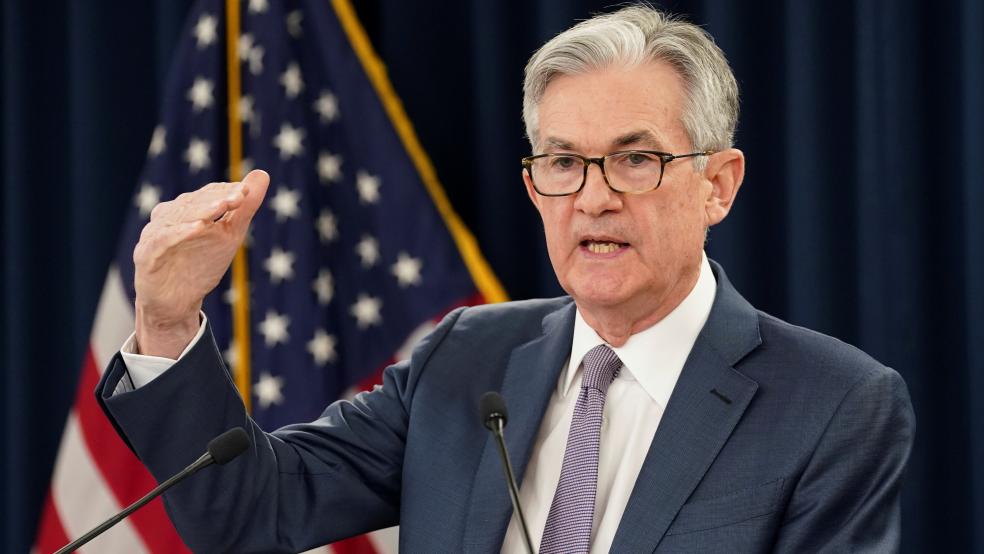The Federal Reserve is expected to raise interest rates again this week, and Friday’s brutal consumer price index report, which showed inflation reaching a new 40-year peak of 8.6% a year, has sparked speculation that the bank’s policymakers may move aggressively, hiking their benchmark rate by more than the 0.5 percentage point they had signaled.
The Wall Street Journal’s Nick Timiraos reports that troubling recent inflation readings, including mounting consumer expectations for continued price increases, will likely lead Fed officials to consider a 0.75 percentage-point hike at their meeting this week. “Investors in interest-rate futures markets placed a nearly 30% probability on the larger 0.75-percentage-point increase on Monday afternoon, up from around 4% before last Friday’s inflation reports,” he writes.
Timiraos notes that Federal Reserve Chairman Jerome Powell, while loath to surprise markets, opened the door to such a move in an interview last month “What we need to see is clear and convincing evidence that inflation pressures are abating and inflation is coming down. And if we don’t see that, then we’ll have to consider moving more aggressively,” Powell said at the time.
Two investment banks, Barclays and Jefferies, revised their forecast for this week’s rate hike to 75 basis points after Friday’s inflation data (a basis point equals 1/100th of 1%). “We believe that risk-management considerations call for aggressive action to reinforce the Fed’s inflation-fighting credibility,” Barclays economists wrote in a Monday report cited by Timiraos. And Diane Swonk, chief economist at Grant Thornton, told the Journal that the recent data mean that Fed needs to get more aggressive: “They’ve got to go now with 75. The Fed is behind the curve, and they know it.”
Bloomberg News reports that some analysts are suggesting that a full percentage point increase is now possible. “The Fed’s trying to erase any perception that they’re behind the curve,” Steven Englander of Standard Chartered Bank told Bloomberg. “Fifty [basis points] was the big round number six months ago. Meanwhile, 75 is a very middling type of hike. So the Fed might say: ‘Look, if we want to show commitment, let’s just do 100.’” Still, Englander reportedly sees only a 10% chance of a full percentage-point increase, with his baseline forecast remaining a 0.5 point hike.
Recession fears rising: Friday’s inflation report and the outlook for interest rates fueled a stock market selloff Monday as concerns grow that the Fed’s inflation fight will tip the economy into a recession. The S&P 500 index fell 3.9% Monday and officially entered bear market territory, nearly 22% below the high set on January 3.
“When inflation is as high as it is right now and unemployment is as low as it is right now, it’s almost always been followed within two years by recession,” former Treasury Secretary Larry Summers said Sunday during an appearance on CNN’s “State of the Union.” “I think there’s certainly a risk of recession in the next year, and I think given where we’ve gotten to, it’s more likely than not that we’ll have a recession within the next two years.”
Summers said the path for inflation depends on the war in Ukraine and its effect on oil prices. He urged the Biden administration to lift some tariffs on China and called on Congress to take steps to address inflation by passing legislation that would reverse Trump-era tax cuts, raise taxes on corporations and lower prescription drug prices.
The bottom line: The Fed’s two-day policy meeting starts tomorrow and while analysts’ consensus expectation remains a 0.5 percentage point interest rate increase, a 0.75 percentage point hike on Wednesday wouldn’t be surprising — and may now be likely.





